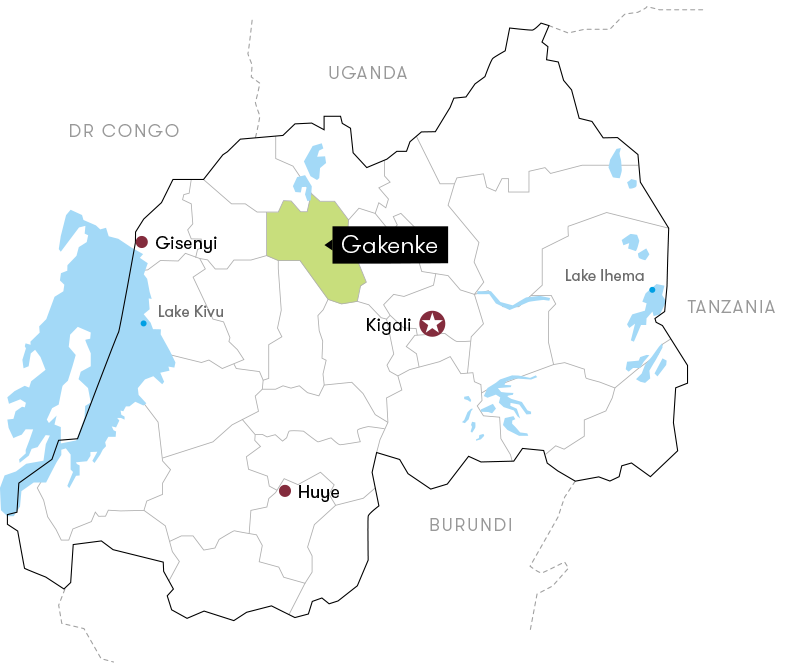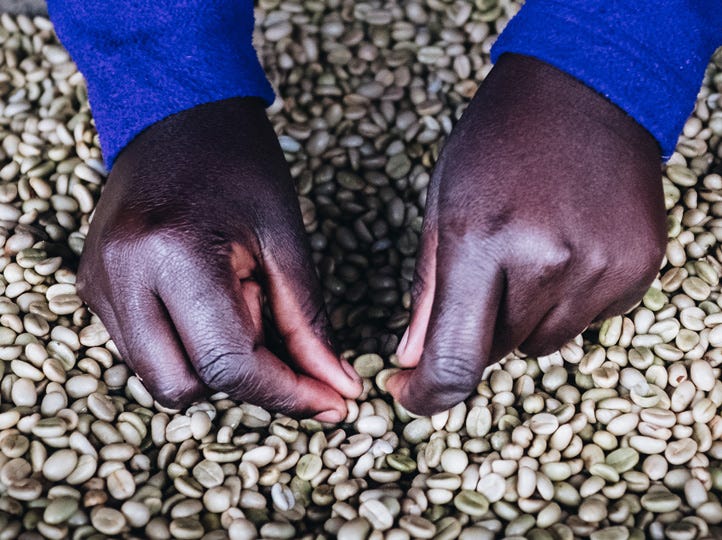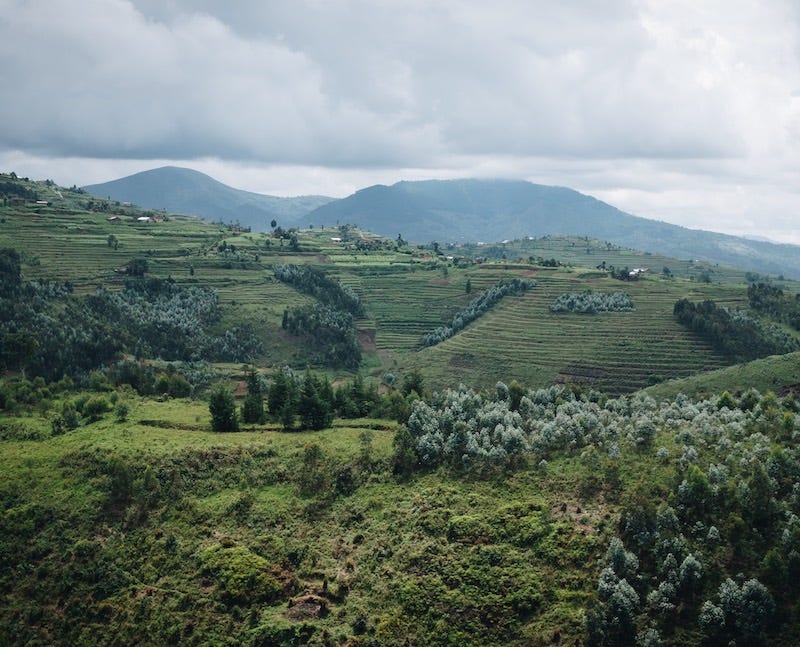Rwanda Muhondo


Regular price £11.00
Name: Muhando
Producer: Smallholder Farmers
Origin: Gakenke District
Varietal: Bourbon
Altitude: 1850-2200 metres above sea level
Process: Natural
Flavours: Orange, Dark Chocolate, Vanilla
Harvest: March-July
Importer: Covoya
Where is it from?
In Rwanda, coffee has brought hope for a better future since the dark days of the Civil War that shook the country back in 1994. Coffee has been used as a vehicle for positive change in the years that have followed, and the country is now rightly heralded as a top producer of fine speciality coffee.
Coffee was introduced to Rwanda in 1903 by German missionaries. As a cash crop, it received government backing but the focus was very much on quantity rather than quality. However, the impact of the world coffee crisis in the late 1990s, when prices fell for several years below the cost of production, caused many Rwandan coffee farmers to rethink their position. Working hand in hand with the Rwandan Coffee Board (OCIR Café), international NGOs such as USAID, the Gates Foundation, and other coffee-focused organisations, a speciality coffee sector was created in the early 2000s.
Rwanda is blessed with ideal coffee growing conditions that include high altitude, regular rainfall, volcanic soils with good organic structure and an abundance of Bourbon.
The vast majority of Rwandan coffee is produced by smallholders of which there are thought to be around half a million with parcels of land often not much larger than just one hectare per family.
Coffee is grown in most parts of the country, with particularly large concentrations along Lake Kivu and in the southern province. Rwandan smallholders organise
themselves into cooperatives and share the services of centralised wet mills
or washing stations as they are known locally. Flowering takes place between
September and October and the harvest runs from March to July, with shipments starting in August through December
About This Coffee

The Region
Gakenke district lies in North West Rwanda near the Volcanoes National Park, home to 1 of only 3 populations of endangered mountain gorillas in the world. Like much of Rwanda - “the land of a thousand hills” - the terrain is mountainous, rugged and exceptionally beautiful. Rich volcanic soils, plentiful sunshine, and tropical rainfall provide exceptional conditions for the cultivation of arabica, and the Bourbon variety particularly excels in the high elevations of Rwanda’s mountains.

The Process
For this natural process, ripe cherries are carefully selected, first by hand and then by floatation in clean water tanks. The cherries are then sun dried on raised African beds until reaching a humidity of 11-12%. During drying the cherries are handpicked and periodically turned to ensure consistent drying and prevent over-fermentation or mould formation. As the water in the cherries evaporates, the sugars concentrate and permeate the beans, leading to the characteristic jammy sweetness in the final cup.
Drying takes between 45 and 70 days depending on the weather and ambient moisture.
Roast
Light/medium
Brew
Filter & Espresso



